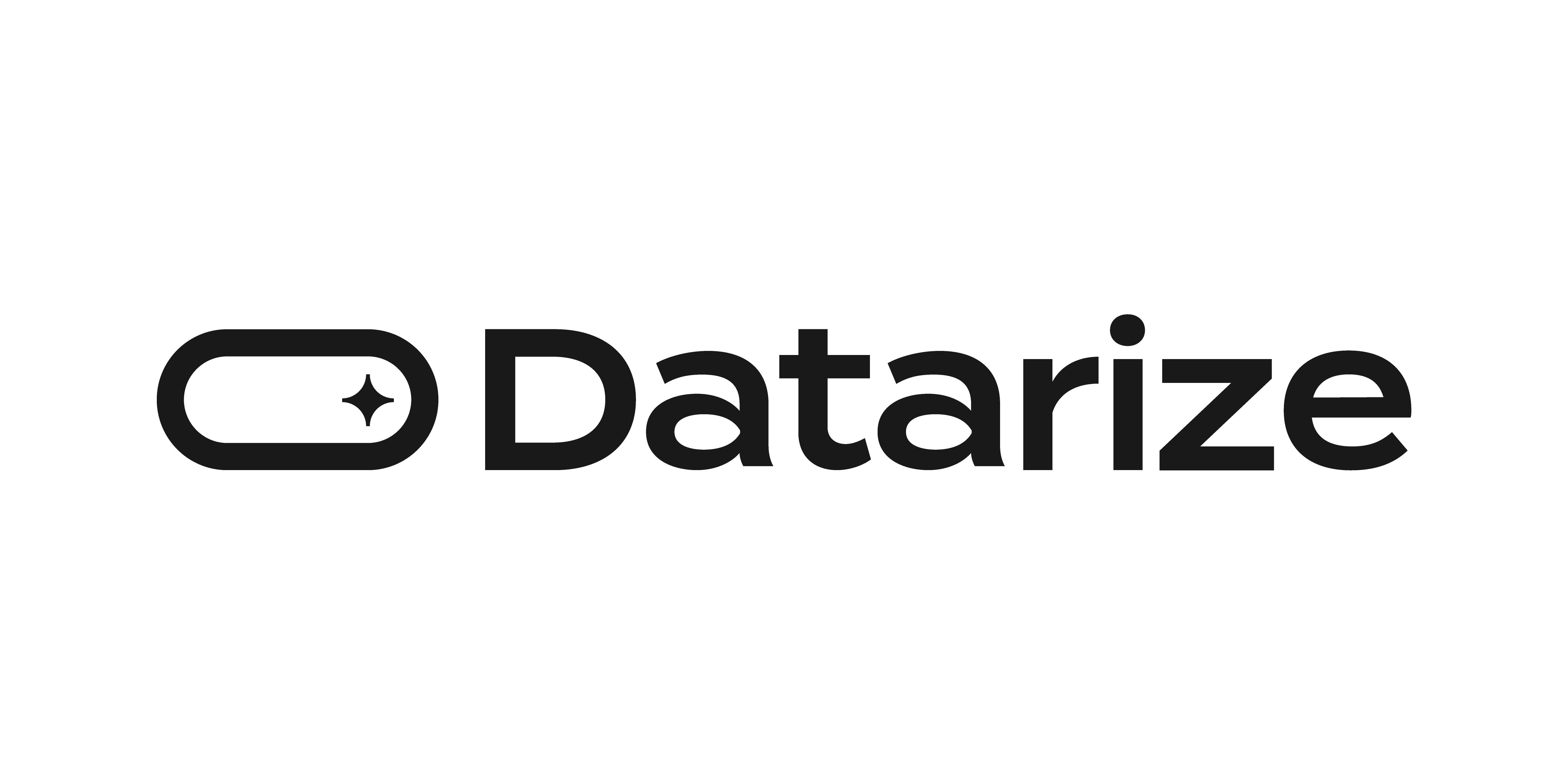Jane Doe, who runs an online women's apparel store, has a concern. She started a diverse set of marketing strategies to attract new customers, such as native ads, banner ads, keyword ads, and even retargeting ones. However, the efficiency of these has begun to drop. The stream of new customers she attracted is drying up, and even the ones she had are now churning out
After some thought, she decided to bring in a marketing personalization solution many well-performing shopping malls use. It looks difficult to use, but luckily there are campaign examples used by other shopping malls. So she starts trying it out. She sets a campaign to get customers to sign up for a membership and install her app, and waits a week for the results. One week later, Jane Doe opens up the dashboard with excitement. But is shocked to find her sales to be the same as last week.
Why Behavioral Data is Important for Your Marketing Personalization
This is a simple example, but many business owners face this problem when running an online store. The solution isn’t far away. Ask yourself, “How do I shop online?” When customers make a purchase from an online store, they go through multiple phases. First, they browse through items they like on their first visit. Then, they add the item they like to the cart. They leave the site to ponder making a purchase for a few days. After some time has passed, they are reminded, so they return to the site. The customer finally makes a purchase after taking another moment to debate whether to buy the product or not. If they like the product they purchased, they bookmark the site or download the app so they can access the store when they need to. This is called a User Journey in the field of Personalized Marketing.
⭐First Visit - Product Viewing - Product Interest - Purchase Attempt - Purchase Completion, Revisit - Repeat Purchase.
* Sign up and App installation can go in anywhere.
However, there is one thing you must be aware of: The customer can drop out at any moment. The marketer Jane Doe might have increased her sign up and app installation rates, but there’s no guarantee her newly obtained clients will make a purchase.
This is where the Behavioral Data plays its role. For personalized marketing, there must be at least 1 or more campaigns present that increase efficiency in the User Journey. You must figure out what to do for each step in the User Journey, and find a campaign that suits your website. The more you analyze customer behavior, the better chance you have of making a successful connection.
• First Visit – View Product: A campaign to reduce Bounce Rate.
• Product – Purchase Attempt: A campaign that shows a product’s price, changeable options, social proof and more.
• Purchase Attempt – Purchase Complete: A campaign that can encourage an actual purchase. (ex. A secret coupon)
• Purchase Complete – Revisit / Repeat Purchase: A campaign that can continuously draw attention. (ex. Recommending related products)
Datarize: Personalized Behavioral Marketing at Your Fingertips
Datarize aims to provide the world's simplest ecommerce CRM, anchored in customer behavioral data. It delivers campaigns proven effective at each step of the User Journey. In the last two and a half years, Datarize selected 34 clients for precise A/B testing to gauge its impact. Group B, which activated all of Datarize’s free on-site banner campaigns, saw an average sales increase of 8% compared to Group A, which remained inactive.
However, this increase was specifically noted when all on-site banner campaigns provided by Datarize were activated. Enhancing every part of the User Journey is essential for a genuine boost in revenue.
Next, we'll explore a comparison of a client’s A/B Test results, segmented by funnel stages. At every stage, Group B showed an improvement ranging from a minimum of 0.03% to a maximum of 1.48%. These figures represent the most realistic outcomes. Employing personalized marketing might not instantly multiply revenue, but it consistently fosters improvement across the board.

Are there Other Ways to Increase Revenue with Behavioral Marketing?
There are 3 main methods.
First, utilize targeted messaging campaigns. The A/B test results mentioned above are from using on-site campaigns only. Therefore, personalized marketing is only possible when the customer has made a visit. By using messaging campaigns, such as emails, texts, and app notifications, which reach out to customers when they haven't visited and encourage them to make a purchase, you can expect an increase in revenue.
Second, enhance the materials used in the campaign. Material refers to the images or text that will be regularly exposed to customers. For on-site campaigns, this includes image banners, text, and button names for message campaigns. The same campaign can have up to a 3-4 times difference in click and purchase conversion rates. For example a campaign that encourages non-members to sign up from Datarize proved “Showing the entire sum of benefits at once” increases clicks and purchase conversions rates.
Third, employ more segmented campaigns and conduct repeated trials. Divide customers who haven't made a purchase into categories such as non-purchasers, first-time purchasers, and repeat purchasers, or allocate them membership tiers. This segmentation can affect when and what to target them with. Continuously adjusting and running trials will increase revenue.

-1.png)
-1.png)
.png)
-2.png)